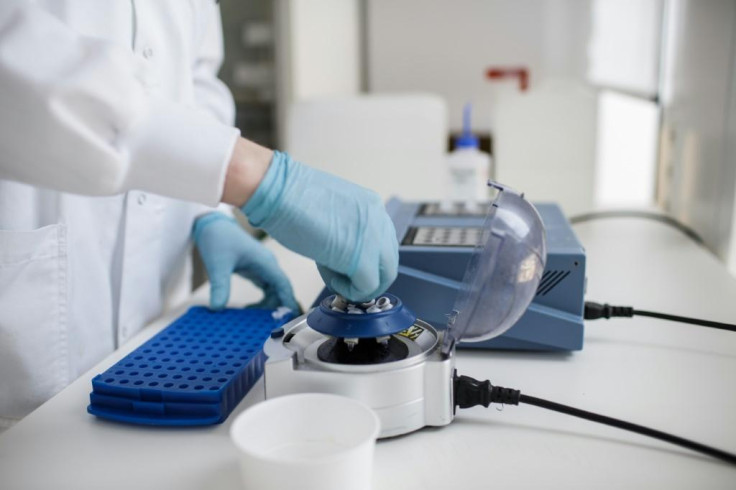UK govt securing 60mn more doses of virus vaccine from two pharmaceutical firms
Once the coronavirus vaccine is approved for use, the British government plans to prioritise those in the social services and healthcare sectors.
Coronavirus vaccine candidates from Moderna and AstraZeneca are now entering their respective latter phases of trials. After promising results from the initial stages of testing, it seems that progress is on track for mass production just months from now. Aside from the aforementioned two, the British government is securing 60 million doses more from two pharmaceutical firms: GlaxoSmithKline (GSK) and Sanofi Pasteur. Both are reportedly ready to conduct human trials by September.
Much like the ones before that were cleared by regulators to perform inoculations on more volunteers, the latest two need to induce an immune response. Moreover, the side effects must be minimal and not endanger the test subjects. Once these requirements have been met, they should likely be approved to move forward with succeeding phases. The government plans to prioritise those in the social services and healthcare sectors, as noted by the Independent.
Given their risk of exposure to COVID-19 on a regular basis, immediate vaccination should be administered as early as possible. "Our scientists and researchers are racing to find a safe and effective vaccine at a speed and scale never seen before. While this progress is truly remarkable, the fact remains that there are no guarantees," said Department for Business, Energy and Industrial Strategy secretary of state Alok Sharma.
He added: "In the meantime, it is important that we secure early access to a diverse range of promising vaccine candidates, like GSK and Sanofi, to increase our chances of finding one that works so we can protect the public and save lives." Despite blood tests showing the production of antibodies, experts still need to see how subjects fare once exposed to the coronavirus naturally.
In an effort to speed up the process, many leading scientists have been asking regulators to approve requests for human challenge trials. However, due to the lack of an effective cure for COVID-19, officials are hesitant to allow it.

What researchers hope to understand is how long the immune system will retain the antibodies to stop the infection. So far, studies show patients who recovered from the disease had varying results. Some retained the protective protein longer while others quickly lost theirs after recovery. The U.K. government already secured doses numbering 100 million from AstraZeneca/University of Oxford, 30 million from Pfizer/BioNTech, and another 60 million from Valneva.
© Copyright IBTimes 2025. All rights reserved.





















